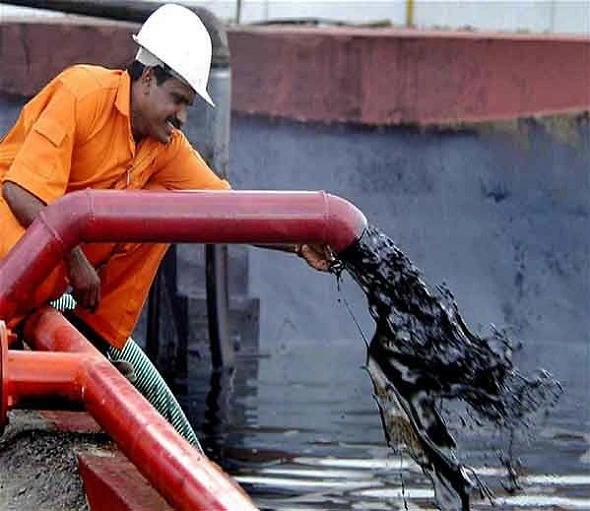Entering a critical phase, OPEC+ faces the pivotal task of carefully managing oil reserves in the upcoming five years.
This is crucial to prevent a possible collapse in oil prices. Rapidan Energy Group, a renowned consulting firm, highlights this need in their recent report.
Global oil demand is not expected to peak for at least another decade.
Yet, the oil reserves outside of OPEC, particularly in the US, Brazil, and Guyana, are growing faster than expected.
This growth is reshaping the oil industry’s future.
Rapidan, established by ex-White House staffer Bob McNally, emphasizes the importance of OPEC+’s role.
They need to manage oil supplies effectively and vigilantly. This is vital to maintain stable oil prices.
Despite high global demand, oil prices in London have fallen by 11% this year. The price per barrel hovers around $75.

This is due to worsening economic conditions and increased oil supply from non-OPEC countries like the US.
The long-term outlook for oil is uncertain. Agencies like the International Energy Agency predict a decline in demand this decade.
This is expected as consumers shift to low-carbon energy and electric vehicles. But Rapidan questions the speed of this transition.
They suggest the decline in oil demand might not happen as soon as anticipated.
Oil demand failing to peak by 2030
The report by Rapidan points to a major market surprise. They believe that the failure of oil demand to peak by 2030 will shock the market.
This contradicts the current consensus on oil demand peaking. OPEC+ faces pressure from the steady growth in non-OPEC supply.
This was evident in the recent price wars and future consumption uncertainties.
Rapidan forecasts that non-OPEC supply will increase significantly, thanks to US, Brazil, and Guyana growth.
OPEC+ holds about 5 million barrels of spare production capacity per day. This represents around 5% of the global supply. The group needs to plan its market return carefully.
After 2030, the market is expected to tighten severely. This is due to a slowdown in non-OPEC supply.
Rapidan believes OPEC+ will need to effectively manage supply to keep prices within the $80 to $100 range.
They predict that OPEC+ will successfully navigate the market towards tighter conditions in the latter part of the decade.

